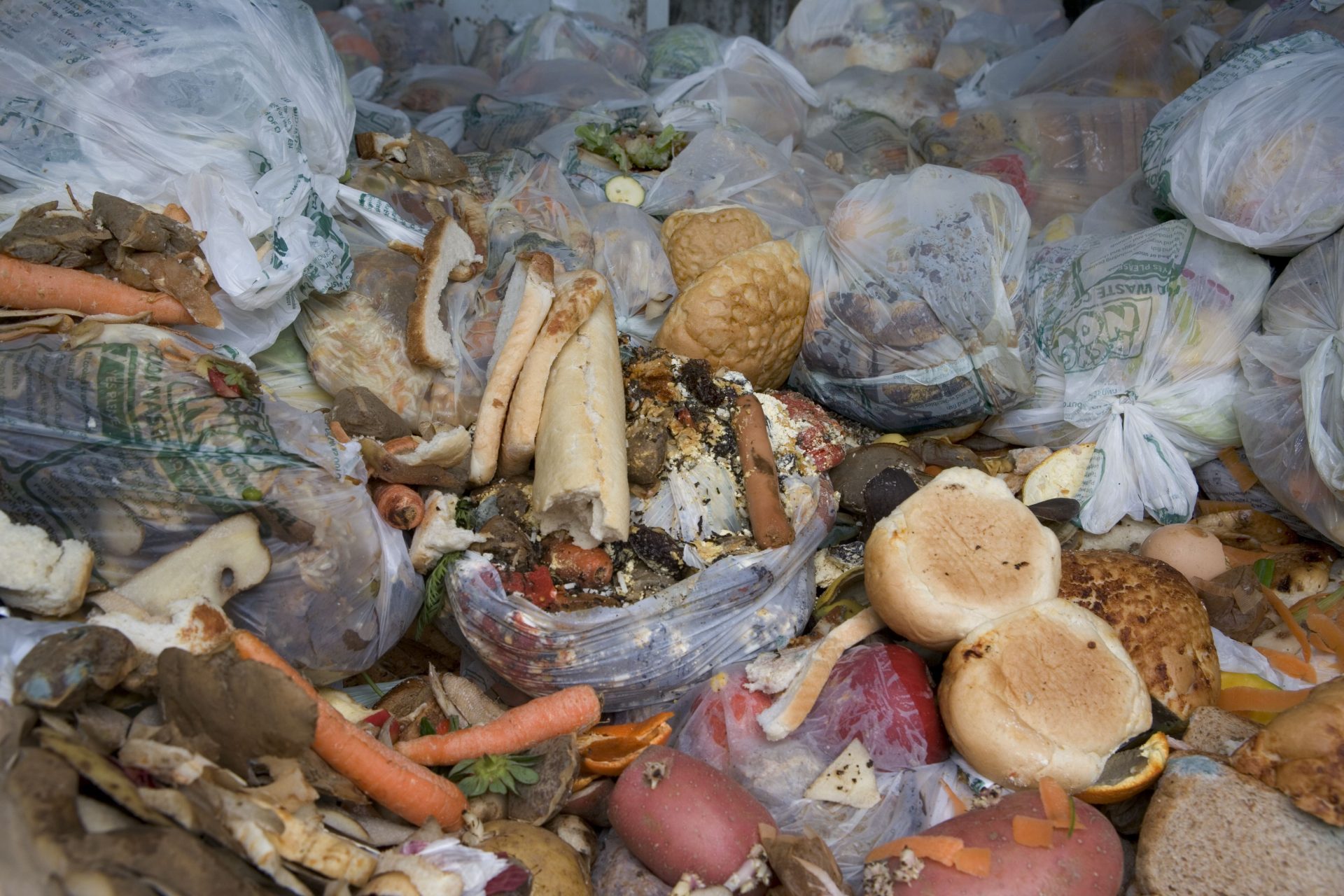 Bioeconomy industry association Bio-based Industries Consortium (BIC) has teamed up with environmental group Zero Waste Europe (ZWE) to officially unveil what they describe as a ‘first-of-its-kind report’ estimating the current and future availability of biowaste in the EU28. The full report has now been published following the publication of a summary earlier this year.
Bioeconomy industry association Bio-based Industries Consortium (BIC) has teamed up with environmental group Zero Waste Europe (ZWE) to officially unveil what they describe as a ‘first-of-its-kind report’ estimating the current and future availability of biowaste in the EU28. The full report has now been published following the publication of a summary earlier this year.
The report includes country-specific factsheets that provide calculations for the EU-27, the United Kingdom and Norway, and other specific information that is relevant to biowaste management strategies and perspectives in a specific country.
The first chapter briefly outlines the EU policy drivers for the management of biowaste, one of which will be the new Waste Framework Directive (WFD), which mandates bio-waste collection from 1 January 2024 onwards. Other drivers from environmental policies are also mentioned.
In the second chapter, the methodology of the report is outlined. The report builds on public information and national data from the 27 Member States + UK and Norway for biowaste generation, making a number of assumptions on how to calculate the current capture of biowaste in the EU27+ and the theoretical potential.
The third chapter presents the results. In the EU27+, current capture of food waste is 9,520,091 tonnes per year, just 16% of the theoretical potential, estimated at 59,938,718 tonnes. It must be noted that the latter number is indeed only theoretical. Every type of collection aims at maximising capture but will never reach 100%. With that in mind, the report defines a target capture level, the ‘operational potential’, of around 85% of the theoretical potential, so as to calculate how much food waste, currently left in mixed waste, may actually be still recovered.
The fourth chapter provides some best practices in bio-waste management. This includes the case of Milan; an outstanding example of how residential food waste collection has been implemented, according to BIC and ZWE. Catalonia’s landfill tax is also described, where economic instruments aim to promote the collection of bio-waste.
Another best practice is in France, where some municipalities were pioneers in promoting the separate collection of bio-waste. BBI JU funded projects are also included as examples of best practices for sustainably valorising biowaste to provide new bio-based compounds for the chemicals, food-packaging and agricultural sectors.
 If you were interested in this story, you may also be interested in the ones below.
If you were interested in this story, you may also be interested in the ones below.
Read: Zero Waste Europe and BIC team up to launch report on biowaste
Read: Rethink Plastic Alliance et al launch policy brief on plastic-to-fuels ahead of EC meeting on revised Renewable Energy Directive
Read: Conventional plastic industry is using ‘Coronavirus as an excuse’ to revive old habits
Read: Ineos to produce bio-based PVC from pulp production by-product.
Read: Neste and Remondis link up to develop chemical recycling of plastic waste.
Read: Ineos Styrolution and Agilyx advance US chemical recycling facility.
Read: Braskem starts trials on chemical recycling of plastic waste.





